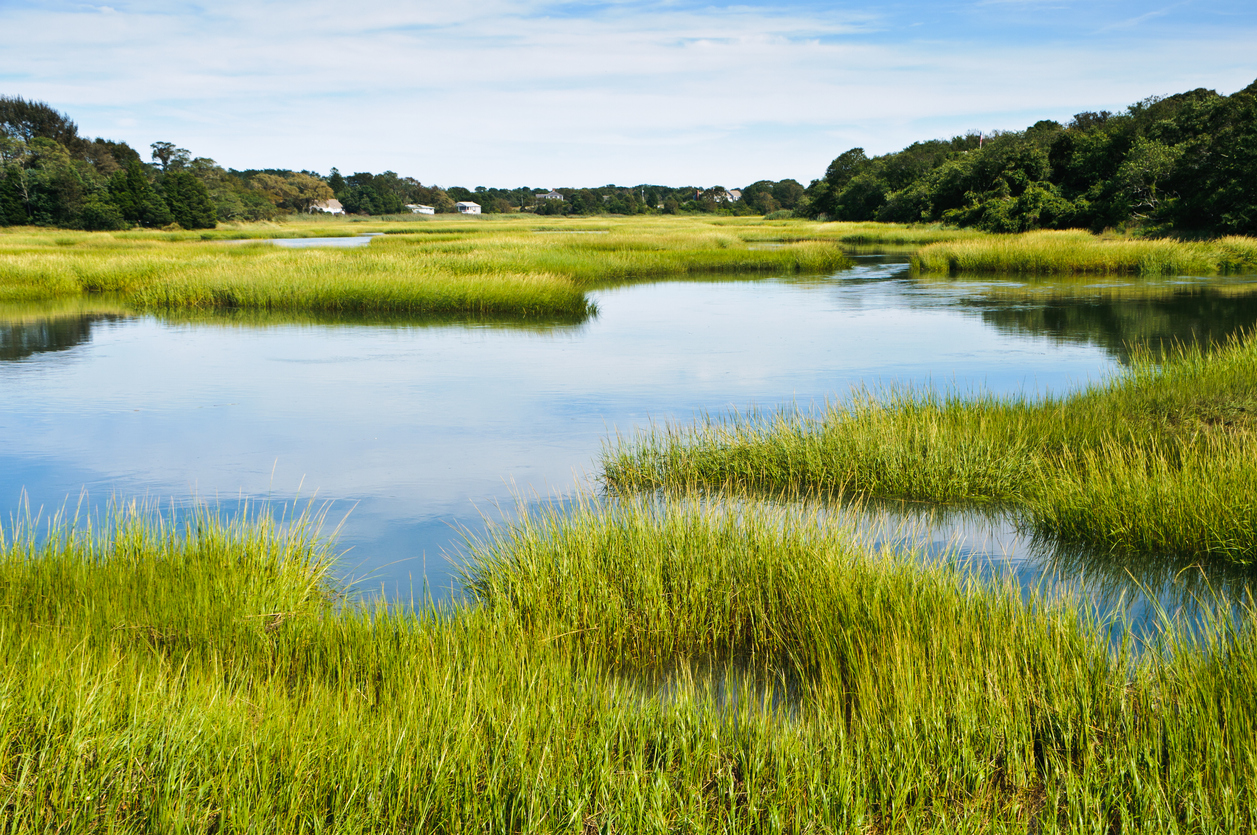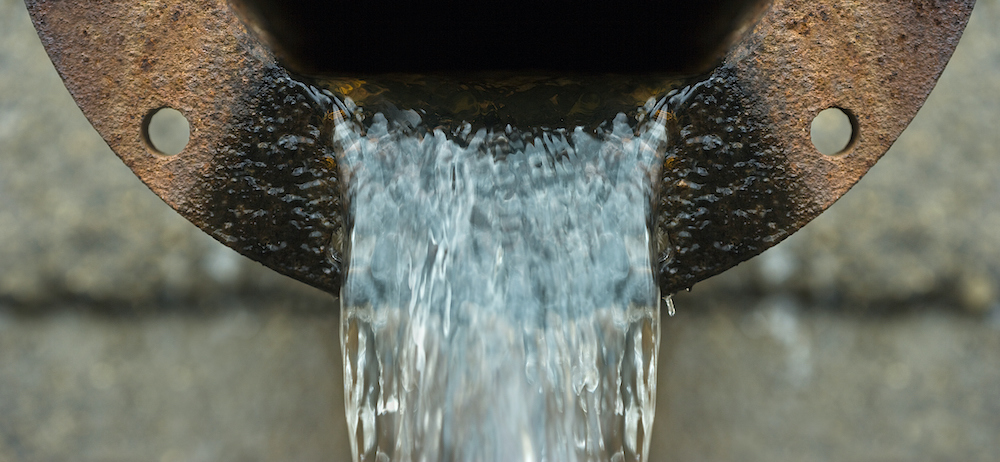News
Scientists to Play Bigger Role in Water Policy
The EPA recently announced it would begin repealing former President Trump’s changes to Clean Water Act rules, policies that left important waterbodies vulnerable to development and pollution. For Fellows Cathy Kling (Dyson) and Amanda Rodewald (CALS), the announcement isn’t just something to celebrate, it’s a call to action.
Learn More


